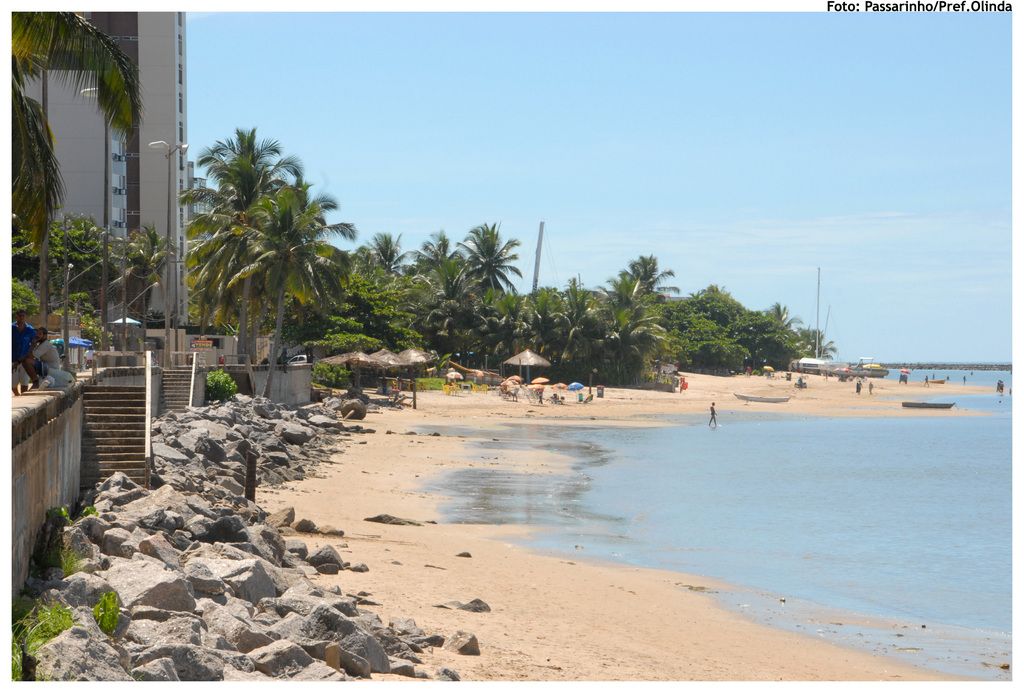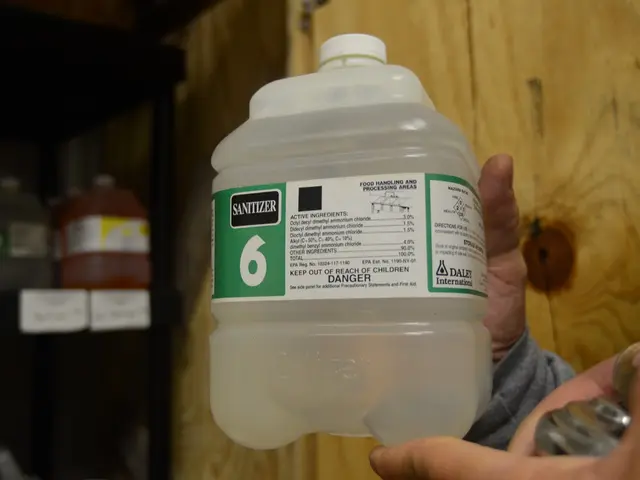Enforcement of Strict Regulations on Pharmaceutical Advertisements Intensifies in Uzbekistan
Updated Article:
Uzbekistan is beefing up regulations on medication and dietary supplement advertisements in the wake of a devastating scandal involving tainted cough syrup that resulted in the deaths of many children.
President Shavkat Mirziyoyev has approved a decree that limits television and radio advertising for medicinal goods, effective from July 1. Advertisements will only be permitted with prior express approval from Uzbekistan's Health Ministry.
Furthermore, drug companies will be obligated to create customs and warehouse facilities that conform to good storage practice (GSP) requirements from July 1, 2023. By January 1, 2026, it will become unlawful to store medicines in warehouses lacking GSP certification.
Companies are also mandated to establish procedures for providing regulatory agencies with evidence of complying with their business operating license terms at least once a year. In cases where public safety concerns are raised, more stringent quality assurances will be required, the decree indicates.
The questionable practices of importing and retailing pharmaceuticals in Uzbekistan have remained under immense scrutiny since late 2022, following multiple reports of children dying due to consuming a popular cough syrup called DOK-1 Max. Over 65 children have lost their lives, with most victims being under three years old.
Marion Biotech, the Indian company responsible for manufacturing the contaminated drug, confessed that around 20,000 vials of DOK-1 Max were distributed in Uzbekistan, but no information is available regarding doses sold in pharmacies before the drug was banned.
Twenty-one individuals, including Sardor Kariyev, former director of the Pharmaceutical Industry Development Agency, are currently on trial over the DOK-1 Max scandal.
In the ongoing trial, Raghvendra Pratar Singh, head of Quramax Medikal, which imported and distributed DOK-1 Max, admitted his company paid a bribe of $33,000 to drug regulators to evade an audit of Marion Biotech's products. The trial also revealed that Quramax Medikal made regular payments to healthcare professionals to promote DOK-1 Max prescriptions, totaling over half a million dollars.
In the complicated regulatory environment, international organizations like the European Bank for Reconstruction and Development offer support to strengthen regulation and increase transparency in the pharmaceutical sector. However, specific changes in advertising regulations for medications and dietary supplements in response to DOK-1 Max are not detailed in available information.
[1] Gulnoza Balloeva, "New licensing restrictions in Uzbekistan for imported medicines restricted to official importers and dealers," Asia-Plus News (May 23, 2025).[2] European Bank for Reconstruction and Development, "EBRD to support Meros Pharmaceuticals in improving distribution and regulatory compliance," EBRD Media Release (July 14, 2025).[3] Freyr Solutions, "Navigating Uzbekistan's regulatory challenges: Regulatory consulting services," Freyr Solutions (April 22, 2025).[4] European Union, "Central Asia Drugs Dialogue: Strengthening international cooperation on drug policies," European Union (March 15, 2025).
- The new advertising regulations in Uzbekistan, resulting from the DOK-1 Max scandal, now require prior approval from the Health Ministry for all television and radio advertisements related to health-and-wellness products, including medication and dietary supplements, as part of the general-news sector.
- In an attempt to ensure public safety and reduce crime-and-justice issues in the pharmaceutical sector, Uzbekistan's businesses are being mandated to submit evidence of complying with their business operating license terms annually, and stricter quality assurances will be implemented for cases where public safety concerns are raised.
- To harmonize its pharmaceutical sector with international standards, particularly for advertising medication and dietary supplements, Uzbekistan has garnered support from international organizations like the European Bank for Reconstruction and Development to strengthen regulation and increase transparency in line with science and best practices.








